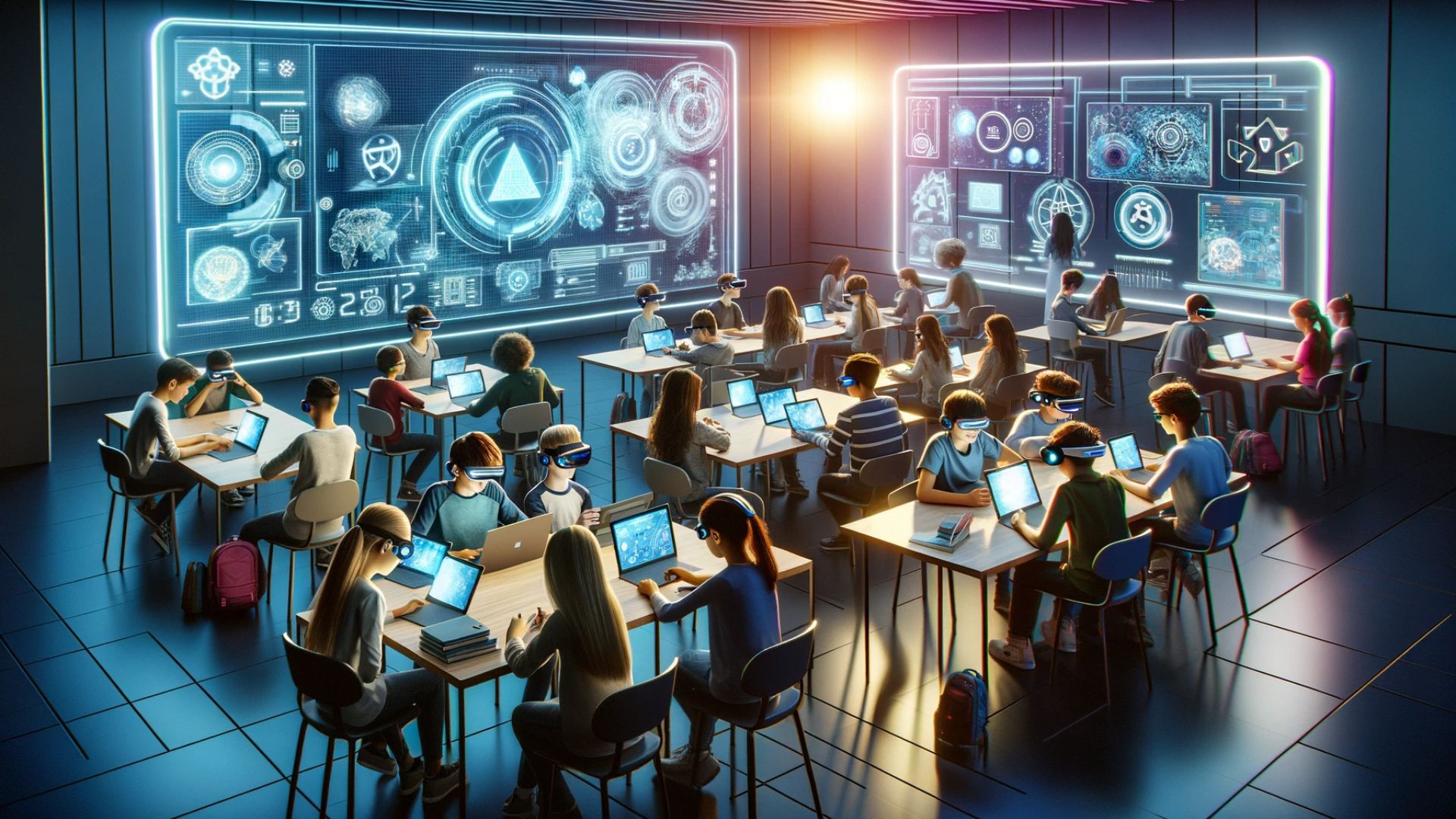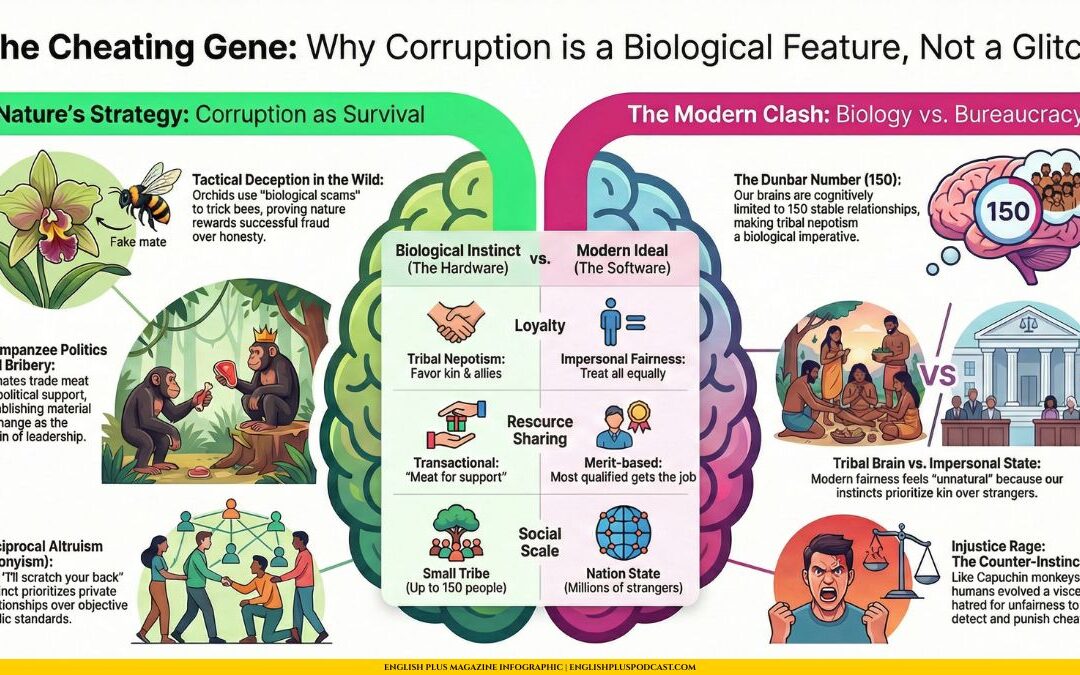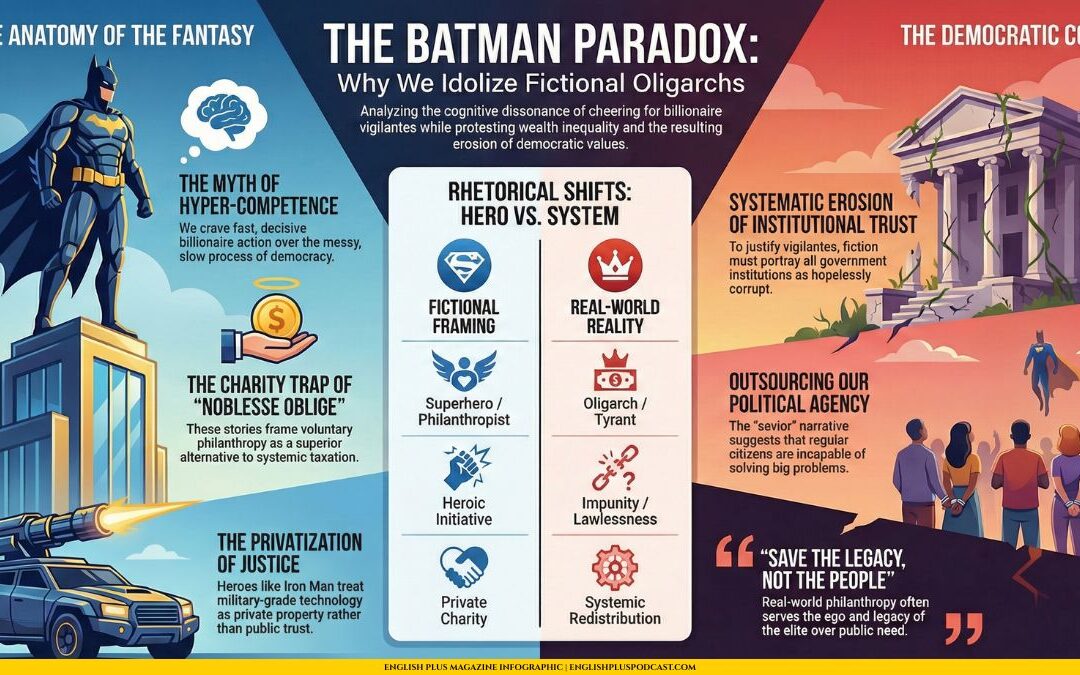- Understanding the Role of AI in Education
- How AI Personalizes Learning
- Real-Life Examples of AI in Education
- The Benefits of AI-Driven Personalized Learning
- Integrating AI into Your Learning or Teaching
- Take Action: Embracing AI in Your Educational Journey
- Why Should You Care?
- Key Takeaways
- Keywords and Definitions
- Frequently Asked Questions
- Myth Buster:
- Let’s Talk
Understanding the Role of AI in Education
Imagine a classroom where each student receives education tailored specifically to their abilities, learning pace, and interests. This is no longer a distant dream but a reality made possible by AI in education. Artificial intelligence has revolutionized the way educators approach teaching, ensuring that no student is left behind.
How AI Personalizes Learning
AI algorithms can analyze a student’s performance, identifying strengths and areas needing improvement. For instance, if a student excels in mathematics but struggles with reading, AI can adjust the curriculum to provide more reading resources while maintaining a challenging level in mathematics. This kind of personalization was once the sole domain of private tutoring but is now scalable to large classrooms through AI technologies.
Real-Life Examples of AI in Education
- Adaptive Learning Platforms: Systems like DreamBox Learning and Khan Academy use AI to adapt in real-time to student responses, providing personalized pathways through educational material. A student solving math problems will be guided through a customized learning journey based on their answers.
- Automated Grading and Feedback: Tools like Gradescope use AI to grade assignments, providing instant feedback. This not only saves teachers time but also allows students to learn from their mistakes in real-time.
- Learning Analytics: AI systems can track and analyze student engagement and performance over time, offering insights into learning habits. Educators can use this data to intervene early when a student shows signs of struggle, ensuring they receive the support they need.
The Benefits of AI-Driven Personalized Learning
- Enhanced Engagement: Students are more engaged when learning material resonates with their interests and abilities. AI-driven personalized learning ensures that students are neither bored nor overwhelmed, keeping their interest piqued.
- Efficient Learning: By focusing on individual needs, AI ensures that students spend time on what they need to learn most, thereby optimizing the learning process.
- Early Intervention: AI’s ability to track performance over time allows for early detection of learning difficulties, enabling timely intervention.
Integrating AI into Your Learning or Teaching
Whether you’re a student, educator, or administrator, integrating AI into your learning environment can be transformative. Start by exploring available AI learning tools and platforms. Encourage schools to adopt AI technologies, and if you’re an educator, experiment with these tools to understand how they can benefit your teaching style and your students.
Take Action: Embracing AI in Your Educational Journey
The future of education is personalized, and AI is the key to unlocking this future. Take the first step today by exploring AI learning tools available to you. Whether you’re learning a new skill, teaching a class, or running a school, AI can provide the customization needed to ensure everyone reaches their full potential. Remember, education is not one-size-fits-all, and with AI, it doesn’t have to be. Embrace the power of AI and watch as it transforms your educational experience.
Why Should You Care?
Understanding the role of AI in personalized learning is crucial in today’s rapidly evolving educational landscape. With technology increasingly becoming a staple in our daily lives, AI’s influence on education offers significant benefits for students, educators, and the broader society. By learning about this topic, you can better grasp how education can be tailored to individual needs, leading to more effective and engaging learning experiences. It’s especially important for educators, parents, and policymakers to stay informed about these advancements to make the most of these technologies for educational improvement.
Key Takeaways
- AI Personalizes Learning: AI tailors education to individual student needs, enhancing learning experiences.
- Adaptive Learning Platforms: These platforms use AI to create personalized educational pathways.
- Automated Grading and Feedback: AI can grade assignments and provide instant feedback.
- Learning Analytics: AI tracks and analyzes student performance for insights into learning habits and necessary interventions.
- Enhanced Student Engagement: Personalized learning keeps students engaged by aligning with their interests and abilities.
- Efficiency in Learning: AI optimizes learning by focusing on individual student needs.
- Early Detection of Learning Difficulties: AI helps in identifying and addressing learning challenges early.
- Actionable Step: Encouraging the integration and exploration of AI tools in educational settings.
Keywords and Definitions
- Artificial Intelligence (AI): The simulation of human intelligence processes by machines, especially computer systems.
- Adaptive Learning Platforms: Online education platforms that adjust the content and pace based on the learner’s performance.
- Automated Grading: The use of computer programs to assess student assignments and tests.
- Learning Analytics: The measurement, collection, analysis, and reporting of data about learners for understanding and optimizing learning.
- Engagement: The degree of attention, curiosity, and interest an individual shows towards a learning activity.
- Educational Journey: The complete experience of learning, from primary school through higher education and beyond.
- Early Intervention: The process of providing specialist support to a child who has a detected condition or challenge.
- Customized Education Solutions: Tailored educational programs or strategies to meet the unique needs of an individual or group.
- Learning Pathways: The unique routes students take to achieve their learning objectives.
- Optimizing Learning: Enhancing the education process to make learning more effective and efficient.
Frequently Asked Questions
How does AI ensure fairness and avoid bias in personalized learning?
AI in personalized learning must be designed with fairness in mind, ensuring that it doesn’t reinforce existing biases. This involves diverse data sets and continuous monitoring for bias in AI algorithms. Developers and educators must work together to ensure AI systems treat all students equitably.
Can AI replace teachers in the classroom?
No, AI is not meant to replace teachers but to augment and support them. AI can handle certain tasks like grading and personalized content curation, allowing teachers to focus more on student engagement and individualized instruction.
Is AI-based personalized learning affordable and accessible to all schools?
While AI technology can be expensive, its increasing availability and scalability are making it more accessible. Efforts are ongoing to make these technologies affordable for schools, especially in underprivileged areas.
Myth Buster:
Myth: AI in education is only beneficial for students in higher education.
Reality: AI’s benefits span all education levels, from primary to higher education. It offers personalized learning experiences and support that are beneficial at any stage of education.
Myth: Personalized learning through AI is a luxury and not a necessity.
Reality: In an age where learning styles are diverse and the pace of information growth is rapid, personalized learning is becoming increasingly essential to address individual learning needs effectively.
Let’s Talk
- How do you think AI could change the future of education in the next decade?
- In what ways can AI in personalized learning be improved to better serve diverse student populations?
- Should there be concerns about the data privacy of students in AI-driven learning environments?
I encourage you to share your thoughts and opinions in the comment section below. Let’s engage in a meaningful discussion about the future of education with AI!










0 Comments